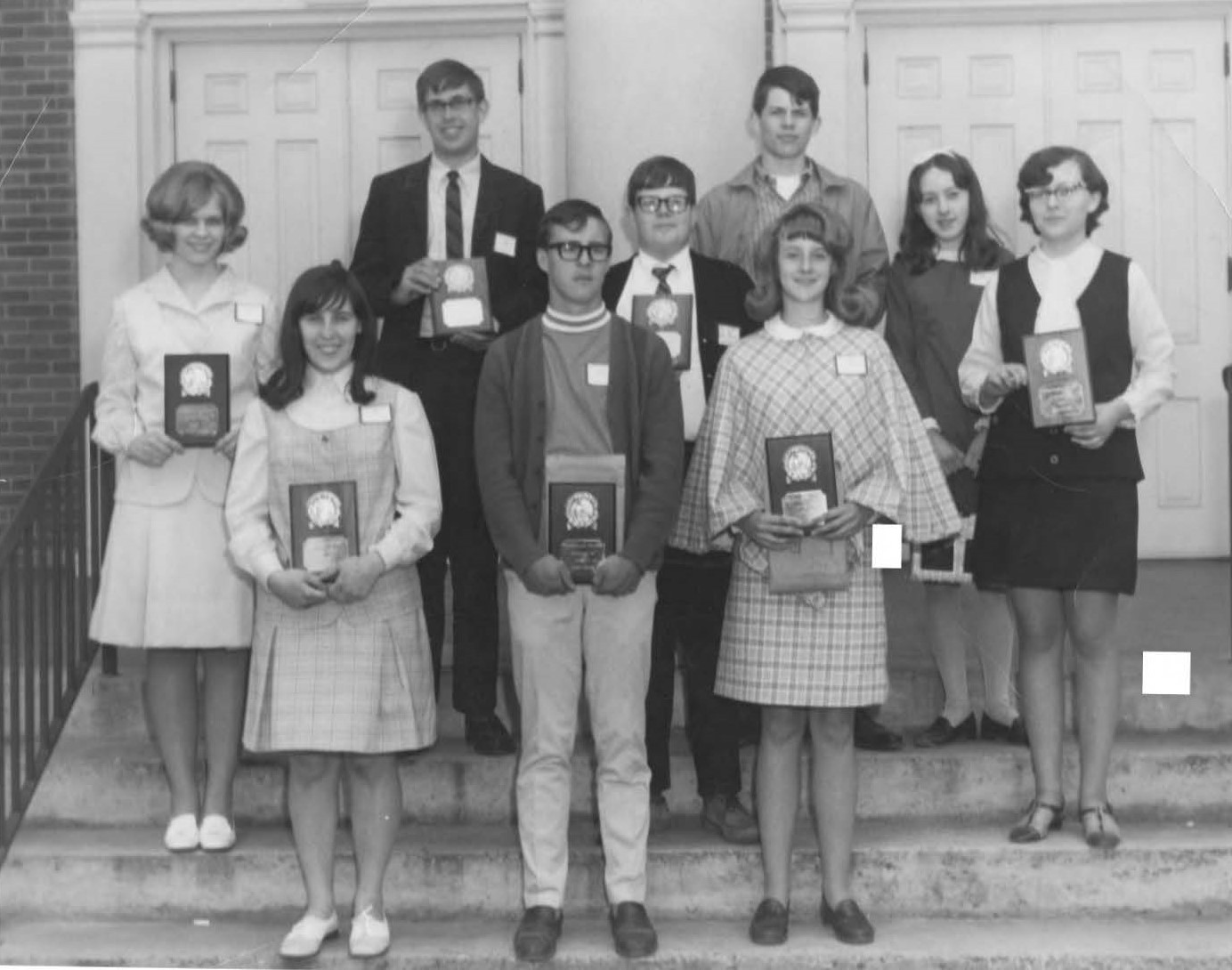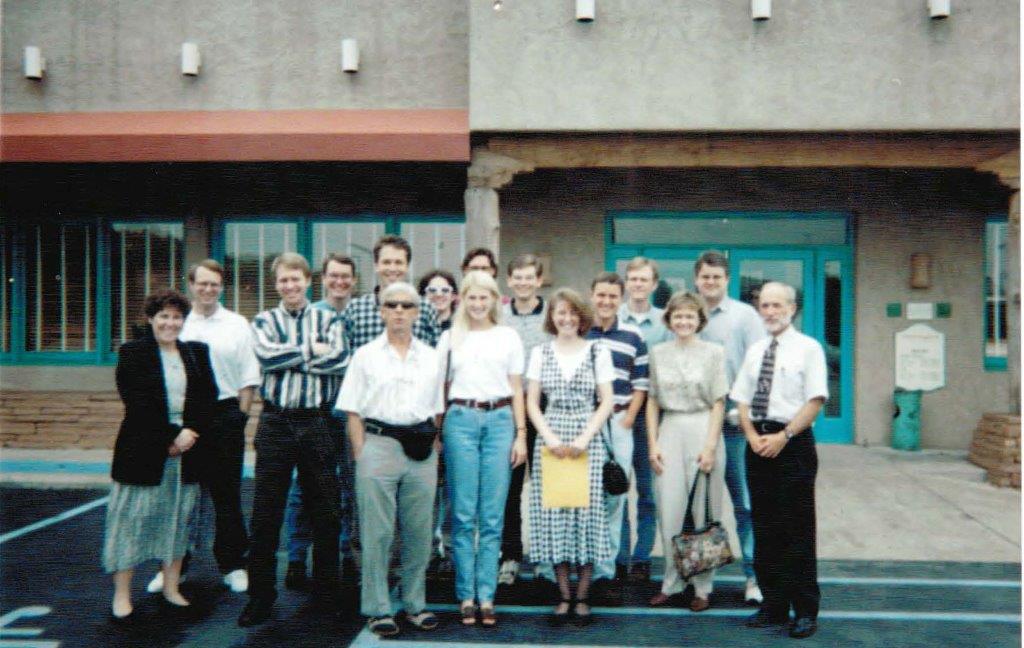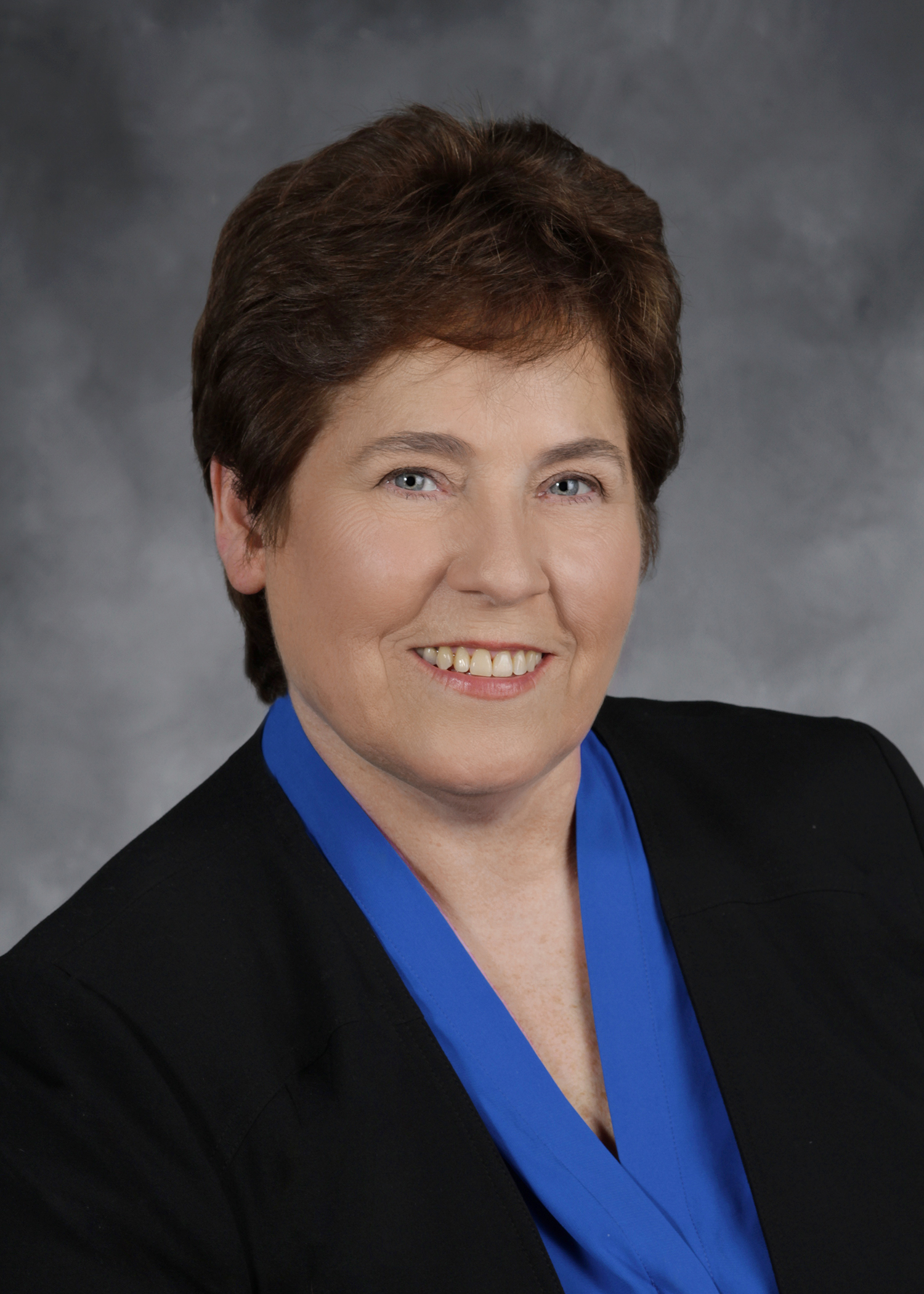By Jennifer T. Allen

As a young girl growing up in the small mining community of Molus, Ky., in Harlan County nestled in the mountains of Appalachia, Annie Saylor excelled at math.
“I enjoyed being good at something that other people weren’t,” she said. “I like being able to teach it, and I like that sense you get when you solve the problem.”
Her acumen for math made college possible. While in high school, she won a math contest that allowed her to attend Cumberland College (now known as University of the Cumberlands) in Williamsburg, Ky., on scholarship. After earning her bachelor’s degree, Saylor came to the University of Kentucky to pursue her graduate studies in mathematics and numerical analysis.
“I chose UK partly out of loyalty to my state and proximity to my family, but also because I earned an assistantship to pay for my graduate school expenses,” Saylor said.
While at UK, Saylor gained the educational foundation that would help her launch SimTech, a small business focused on high-tech defense contracts in Huntsville, Ala. Her math background helped her take graduate-level electrical engineering courses where she learned antenna and wave theory as well as signal processing. When she was first hired in the defense industry, her background led her to radar modeling. Now, she is one of the top experts in radar target and environmental monitoring.
“My degree in numerical methods prepared me to work in an industry where math was applied in electrical engineering and radar,” she said. “My Ph.D. helped add to my level of knowledge and to know that I could persevere in my goals. It also helped me in terms of salary and pathway to management.”

Studying and working in STEM fields, where women are underrepresented, inspired Saylor to focus on her strengths and incorporate them at each step of her professional career.
“I didn’t focus on the fact that I was a woman doing the work, but a professional trying to learn the job and do my very best at my work,” she said. “I think being a woman helped me in becoming involved in management, giving me skills in communication, planning and motivation. My obstacles were primarily the perceptions of others about me – the lack of understanding that I could succeed in business development and management.”
As one of the founders of SimTech and CEO/president, Saylor’s focus has been on how she and her company can make a difference.
“I like the idea that we can make a difference in making sure that a missile system does what it is supposed to do when the soldier needs it,” she said. “We also have had some projects recently where we’ve been able to do some prototypes and development on products that almost go directly into soldiers’ hands. It’s nice to feel like we’re part of the nation’s defense and being able to do things that assure the quality that the soldiers need.”
 When SimTech started, the company consisted of two women and four men. Working with her team, Saylor found that her ability to read, scan and understand technical information and her skills in writing about and presenting technical information in meetings and proposals to be key to her success. She advises women entering STEM fields to also attain and use key skills and to persevere through obstacles.
When SimTech started, the company consisted of two women and four men. Working with her team, Saylor found that her ability to read, scan and understand technical information and her skills in writing about and presenting technical information in meetings and proposals to be key to her success. She advises women entering STEM fields to also attain and use key skills and to persevere through obstacles.
“Learn how to apply the subject area you are studying,” she said. “Take at least one programming course. Take an introduction to engineering class if you aren’t in that field. You are as good as or better than your male counterparts. Don’t be intimidated by them. You have a natural ability to think on multiple channels at a time. Make use of that; it can take you far.”
Having been a part of SimTech since its inception 40 years ago, Saylor is still looking for new opportunities and ways to leverage their strengths while also looking toward her future.
“We’ve gone into a couple of new areas in which we are providing integrated systems, so that’s new for us,” she said. “For me personally, because I am not going to be around forever, part of what I’ve been doing for the last five years or so is taking pieces of my work and getting it out to other people. My part is to make sure that there’s a legacy left so SimTech will continue without me someday.”
